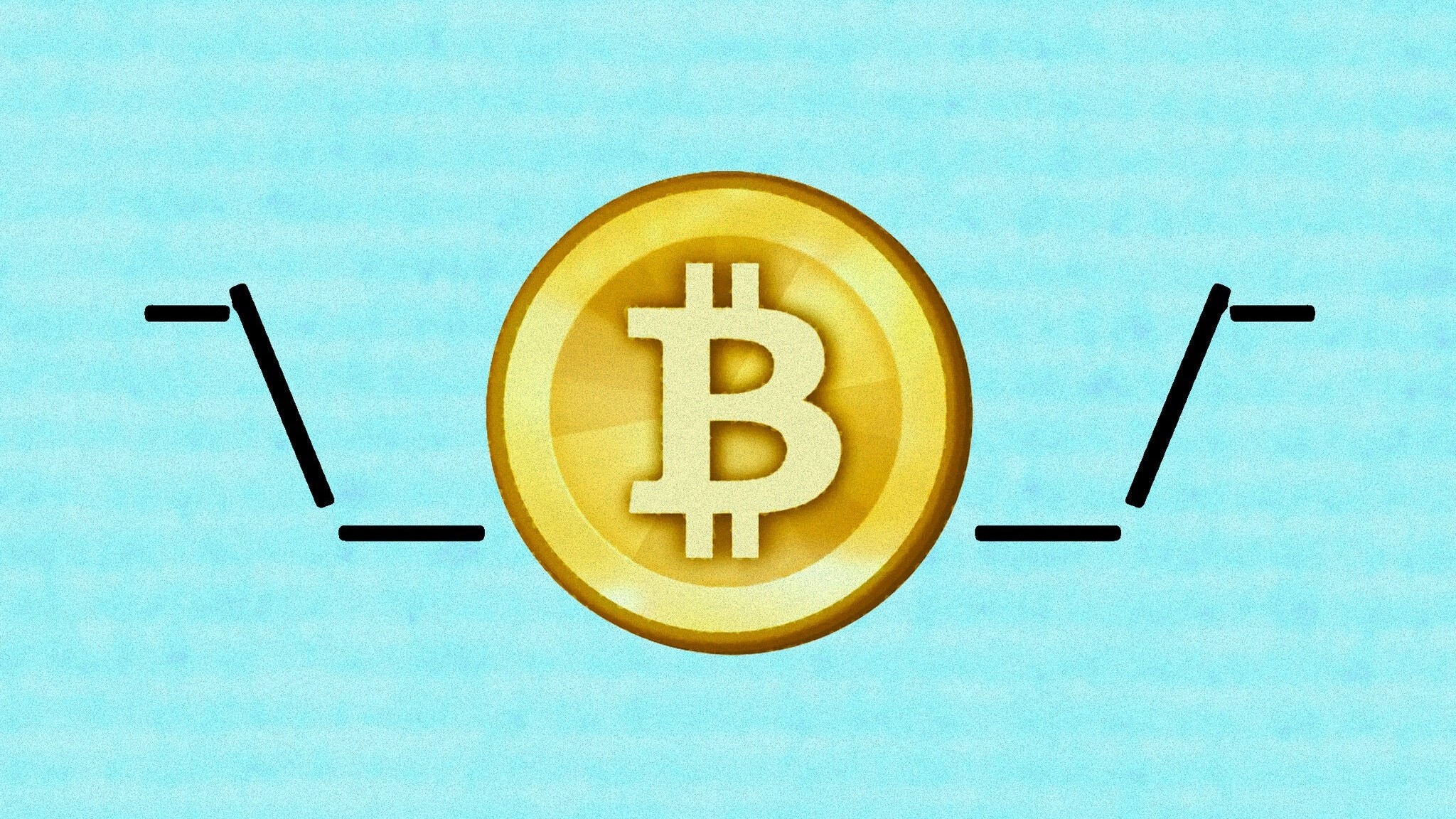To receive a free full-text email of The Zeitgeist whenever we publish to the website, please sign up here. You’ll get two or three of these emails every week, and your email will not be shared with anyone. Ever.

Everyone knows The Price is Right rules … closest bid, without going over.
It’s the same with overnight repo.
The Fed pumps another $75 billion into financial markets, continuing capital-injection plan [Business Insider]
The Federal Reserve on Wednesday sold another $75 billion in market repurchase agreements, or repos, in a continued effort to calm money markets and bring interest rates within its intended range.
The round was oversubscribed, as banks requested nearly $92 billion in overnight repos, signaling strong demand for the asset.
The bank began a streak of repo offerings last week, marking the first time such assets were sold since the 2008 financial crisis. The central bank said the offerings would continue through early October.
Well, everyone else has given their take on the recent dislocations in overnight repo markets, so here’s mine.
Overnight repo is where the interest rates that central banks SET meet the interest rates that real economic actors USE.
And when the setting of those interest rates is no longer connected to ANYTHING about the real economy …
When central bankers are cutting interest rates even as growth is robust, unemployment is at 50-year lows, and the stock market is near all-time highs …
When, to coin a phrase, They’re. Not. Even. Pretending. Anymore. …
I think this spike in demand for overnight and short-term financing is a direct result of real economic actors trying to figure out what it MEANS when interest rates are a symbolic communication to markets rather than a clearing price of money in the real world.
I know what it would mean to me.
It would mean that I want the cash, not the securities, and I’d be willing to pay up to get it.
But if the real world price of overnight money is higher than what central bankers SAY is the real world price of overnight money … well, that breaks the world.
So it can’t happen. So no matter how much demand there is for the cash instead of the securities, the Fed will provide as much cash is necessary – truly, as much cash is necessary – to satisfy that demand at the price that the Fed SAYS is the right price of overnight money.
It’s not a crisis per se. There is literally no limit to the liquidity – i.e. cash – that the Fed can and will provide. But it is absolutely indicative of a profound shift in the Common Knowledge – what everyone knows that everyone knows – regarding the Fed and monetary policy.
And that shift will change everything. Not tomorrow. Not the next day. Not in the form of a market “crash”. But it will change everything.
See, it’s not just Powell and Draghi and the rest of the mandarin crew who are no longer pretending that monetary policy has any impact on the real economy.
It’s us, too.
Everyone now knows that everyone now knows that central banks are powerless to impact the real economy, but are the only thing that matters in the market economy. Everyone now knows that everyone now knows that the setting of the price of money is now a disembodied symbol of governmental will, all-important to the market economy and utterly … utterly! … ignored and immaterial to the real economy.
This is the new common knowledge about central banks and monetary policy … omnipotent in market-world, powerless in real-world.
Dislocations in the overnight repo market are the first place this new common knowledge is shaking the foundations of our political/economic world. It won’t be the last.
With the 2020 election – no matter who sits in the White House – the Fourth Horseman rides into town. And there won’t be a damn thing the Fed or the ECB can do about it.
The Long Now is going to get a LOT worse before it gets ANY better.


There’s a question I’ve had for a little while about an apparent (in the mind of this financial simpleton) contradiction between two themes that often come up on ET:
I’ve spent the last couple of years deleveraging for the sake of my local pack. Will I feel like a sucker if #1 above comes to pass?
“We the Pack” NEED a new ET Live to hear this VERY interesting theory out.
And, you know, you guys owe us one. i.e. technical difficulties…
I agree with this conclusion - “Everyone now knows that everyone now knows that central banks are powerless to impact the real economy, but are the only thing that matters in the market economy” - but am not sure that the recent spike in repo rates is any more or less meaningful than the periodic spike in repo rates that has been going on for the last three-plus decades.
The Fed “sets” short-term interest rates, including fed funds, by policy (edict or, for ET, by fiat) and, then, uses a variety of regularly being-tweaked tools to realize it. It’s always been a completely fake rate constructed by policy not the market. Supply does meet demand, but anytime that outcome doesn’t arrive at the Fed’s desired rate, the Fed has always changed one or the other (by doing repos or “reverse” repos or some other legal market-manipulating move) to get supply and demand to meet exactly where the Fed wants them to meet.
“Spikes” in rates are not a failure but a feature of the system - they alert the Fed that it needs to increase the supply of reserves to maintain its desired rate. Any controlled market needs release values to signal pressure is building up since the outcome (the price, or in this market, the overnight rate) is not the result of organic supply and demand. The alternative is shooting repo traders if they transact above the Fed’s rate - while, probably, appealing to the public at large, addressing the occasional spike with added funds is the less-dramatic approach.
Confusing the issue is that when things in the system, away from the plumbing of Fed Funds, break - i.e., solvency, not liquidity, issues - they also shows up in the Fed Funds market. My take is what just happened was a liquidity issue - no more - which the Fed addressed as it always does by added more liquidity. To wit, the system worked as designed.
However, when we do get a systemic break - a holistic solvency crack-up - it will also show up early in repo, but, then, it will be a signpost for Ben’s Fourth Horseman.
You know when the common knowledge game on market levitation will flip from central bank omnipotence to impotence…just like it already has re powerlessness in the real world? It’ll happen when the “Fed Line in the Sand” post 2009 S&P 500 support trend line gets breached. That trend line is a graphic and price actionable depiction of said loss in confidence…a sign to un-a$$ risk markets! By then, “I’m already gone”…at a break of the 80 week MA. See chart…and give feedback.
https://stockcharts.com/public/1658159/tenpp
Ben, how is this different from a country saying their currency is worth one thing when the market says it’s worth something else? I mean, other than scale, how is this different than banana republic monitory policy?
You are doing the right thing, as I am, and I’ll only feel like a sucker if Porter Stansberry’s Jubilee takes place and ‘someone’ blows off my debts. However, in the real economy, debt is a velvet foot on our throat. Feels good, until it doesn’t… It’s still a foot. With high inflation & interest rates, ARMs and revolving debt payments will make life harder/miserable for anyone who has them. Those of us in the real economy don’t have access to cheap fed money. Don’t lose heart - life is better without the ‘foot’. Clear eyes…
I have the same question. What does this mean? (…for the economy and for investing.)
-If financial institutions want cash over interest bearing securities, they can’t be worried about inflation or suppressed interest rates.
-They can’t want cash for fear of US Government default, can they? The Fed/Treasury can print their way out of that.
-Are they worried about a redemption tax on bonds? A repo doesn’t solve that risk.
So, what is the cause? (…or am I flailing in a three body problem?)
Your view is correct if you see this as a preference to hold in case of an event (say an inflation spike expectation spike that would cause long term rates to shoot up). Given that this is a repo and the repurchase price is set - it doesn’t matter who holds the hot potato when yields spike and value goes down - there is a set repurchase price already. In other words, as the borrower (the placer of the securities) you get the hot potato back.
However (and this is where it gets interesting). If you see this as a preference to hold cash because I suddenly need cash on my balance sheet. Well, then one can see why people would pay for the cash over the securities. What kind of situation would necessitate this?
Well, I found it particularly strange that the overnight operations (set at $100bn) only had $50bn of demand (undersubscribed) and the two-week operations (set at $30bn) had $45bn of demand (oversubscribed). The only difference between the two?
September 30th. Quarter End. Time to show balance sheets to a whole lot of people.
Makes me go hmm and think of ye-olde Repo 105 days (https://www.investopedia.com/terms/r/repo-105.asp).
If you want a better way to learn more than the link. Ben has a lot to say on Repo 105. Buy him a good glass of Japanese Whiskey and settle in for a long good exploration into all things Lehman.
This is a great question, and it’s at the heart of what I’m writing for the concluding Long Now note.
A ridiculous debt is the marker that you take from the casino to play at the $100 blackjack table instead of the $10 table because you fancy yourself such a good blackjack player. What’s the casino? It’s modern capital markets. It’s any derivative security. It’s modern consumption practices.
The mirror image of this is borrowing to invest in the Real. What’s the Real? Anything that’s not a derivative or an abstraction for YOU. For me it’s my farm and my children’s education and the business I am building with Rusty. I am levered to the hilt on all of that!
Lever long to your identity as an investor. Lever long to your core Pack.
Agreed. In the aftermath of the 2008-era unpleasantness, I’d already long been wary of debt, had very little, serviced it properly, but didn’t spend any time jealous of those who seemed to be rewarded for opposite views.
I’m now happily debt-free, will remain so, and only hope that if (when) reality hits the fan, my pack and I will weather it well, without regard to whether those with opposite views also happen to do so.